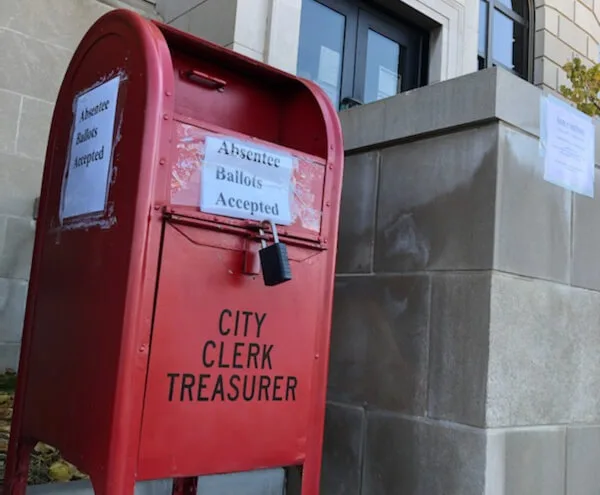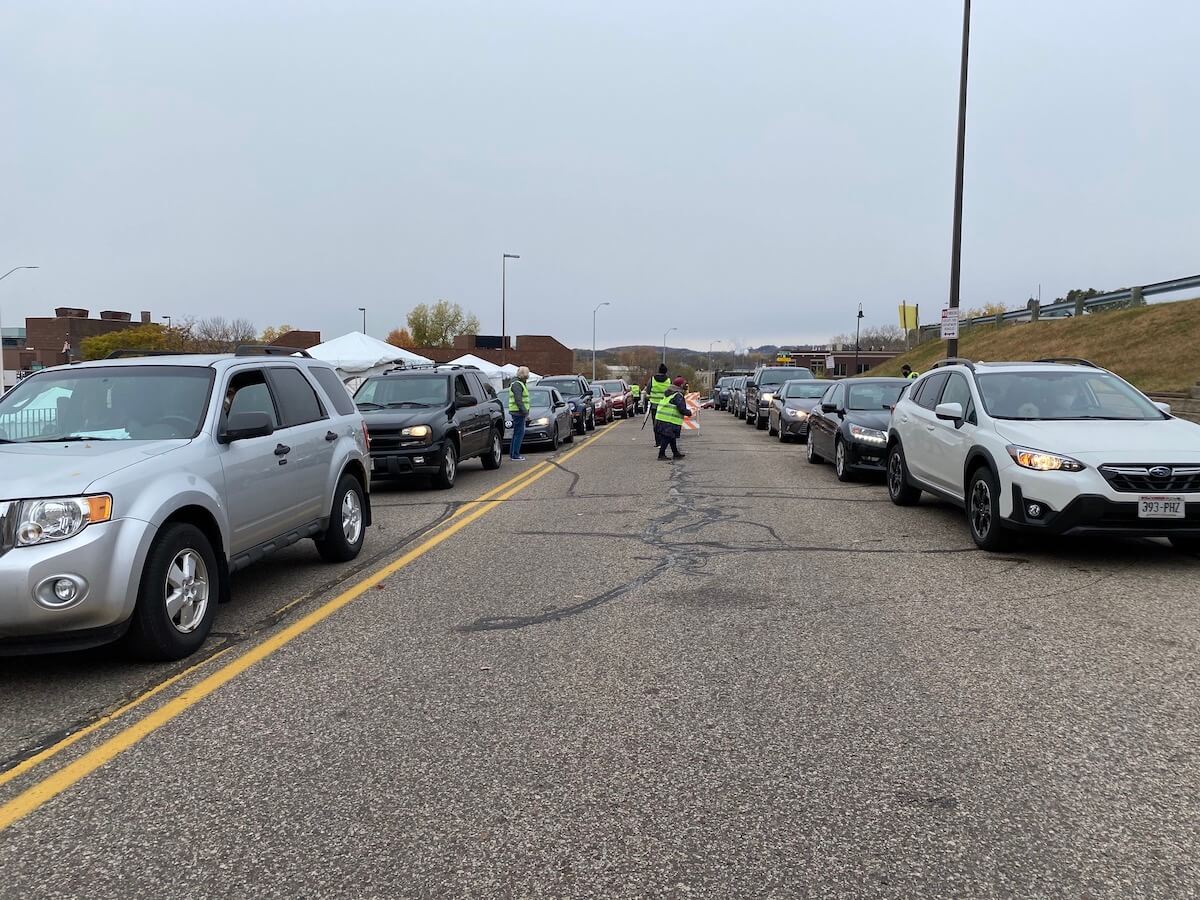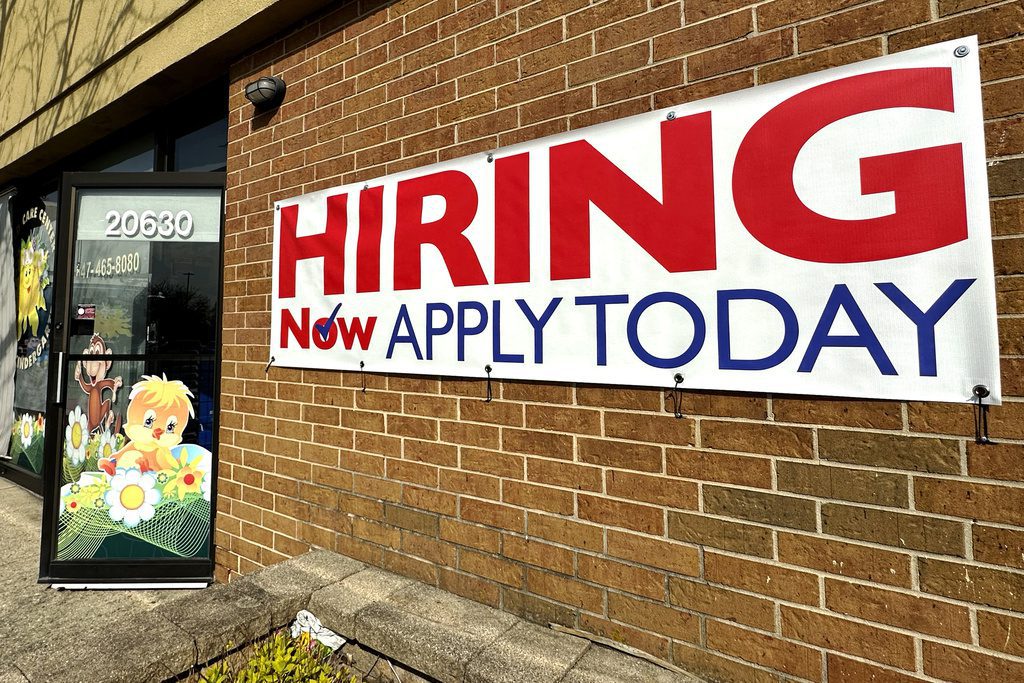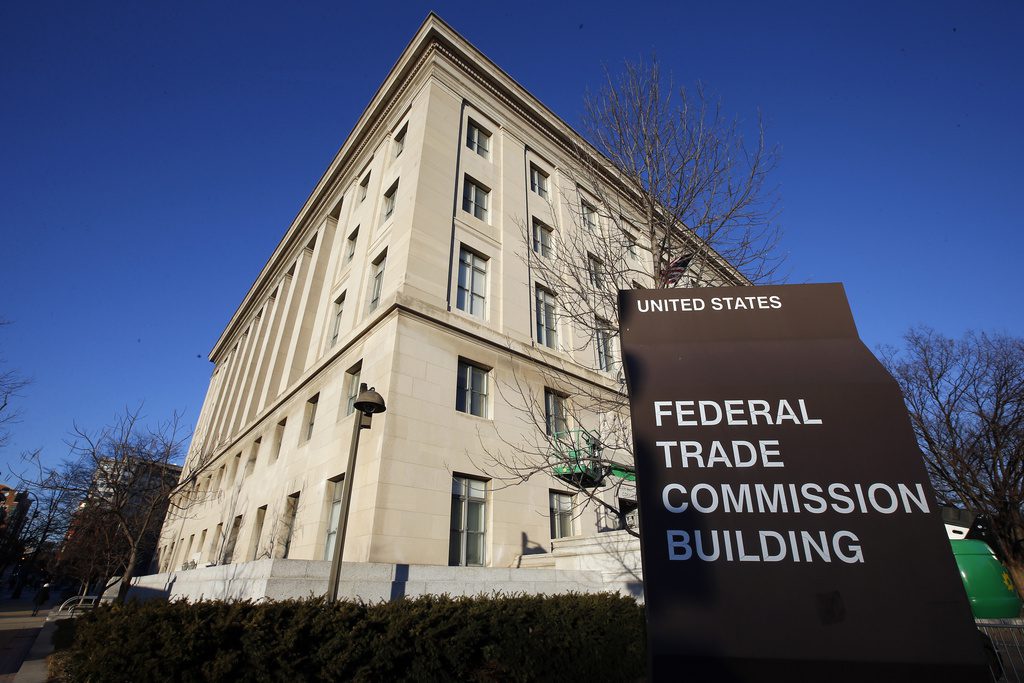
#image_title
#image_title
Despite no prior complaints or evidence of fraud, Republicans react to Trump’s loss with more efforts to restrict absentee voting.
When Shawnu Ksicinski began voter education efforts in January 2020 for a new organization, Progress North, among the questions she fielded most frequently were those about absentee voting.
Those queries increased, she said, after the outbreak of the coronavirus pandemic in Wisconsin one year ago, as more people opted to vote by absentee ballot if they could, instead of doing so in person and risk contracting the virus.
“There were so many people who had questions about the process, who didn’t understand how to request absentee ballots,” said Ksicinski, executive director of the progressive voter education organization based in Superior that serves Ashland, Bayfield, Douglas, Price, and Sawyer counties. “They wanted to know how they could cast their votes safely.”
Now, four months after a record number of absentee ballots were cast in an election that saw Democrat Joe Biden win a narrow victory over former President Donald Trump, Republicans in Wisconsin and elsewhere across the country have proposed legislative measures intended to place limits on voting, including reducing the number of absentee ballot drop boxes.
On Feb. 22, Sen. Duey Stroebel (R-Saukville) introduced a package of proposed bills that would limit absentee voting on a number of fronts, including one measure capping the number of drop boxes in each municipality to just one. The bills follow a trend nationwide, as Republicans in 44 states have recently introduced proposals that would restrict voting rights and voter assistance.
Earlier: Helping Wisconsin Voters Would Be Harder—or Even a Criminal Act—in Some Republican Proposals
In a statement to UpNorthNews, Stroebel said his proposals are necessary to “restore trust and confidence in the election process” that was strained during the coronavirus pandemic, despite the fact no widespread fraud was proven anywhere in the 2020 election process. Nevertheless, he accused election officials of disregarding the law and said he is critical of drop boxes, despite no widespread record of Republicans criticism prior to Trump’s losing campaign.
“Statutory timelines for early in-person absentee voting were ignored and processes not even allowed under current law–like ballot drop boxes–were employed,” Stroebel said.

Sen. Alberta Darling (R-River Hills), who co-sponsored the absentee voting proposals, cited her belief in widespread public suspicions that have only been originated, echoed, and amplified by Republicans.
“Our right to vote is a shared and sacred right,” Darling said in a statement. “However, far too many people have sincere concerns about our electoral system. These bills will help restore trust and make sure our elections are handled fairly for everyone.”
Limiting the number of drop boxes would make absentee voting more difficult in Wisconsin’s largest cities, which favored Democrats in last year’s elections. For example, Milwaukee was home to 15 such drop boxes, an effort intended to reduce voting impediments during the pandemic. In Madison, voters could drop off absentee ballots at 14 different drop boxes located throughout the city.
Biden won a close election in Wisconsin, carrying the state by just 20,600 votes, with especially strong showings in Madison and Milwaukee, cities that would be limited under the bill to a single drop box to serve hundreds of thousands of voters. (In November, Milwaukee County recorded 459,723 total voters while Dane County had 344,728.)
Ksicinski and other supporters of absentee voting said allowing multiple drop boxes in a large municipality allows more people–especially those who face transportation challenges and people of color–to be able to cast their ballots. Ensuring as many people as possible can vote should be the goal of a democratic society, they said, and proposals such as curbing the number of drop boxes is aimed largely at reducing Democratic votes.
“Absolutely,” Ksicinski said when asked whether limiting the number of drop boxes is an attempt to reduce the number of votes cast for Democratic candidates. “Limiting the number of absentee ballot drop boxes will predominantly impact voters of color the most. And that population typically tends to vote for Democrats.”
Election clerks in Wisconsin have said elections last year were run in a manner to ensure voting integrity. Wisconsin Elections Commission Director Meagan Wolfe repeatedly has defended the manner in which those elections were run.
Four years ago Carol Craig co-founded Chippewa Valley Votes, a nonpartisan organization that works to register voters in northwest Wisconsin. She is critical of the proposal to limit the number of drop boxes, saying lawmakers should work to make it easier for people to vote, not more challenging, especially given that no voter fraud has been linked to drop boxes.
In Eau Claire, a city of 70,000, the number of drop boxes would be reduced from two to one, likely eliminating a drop box conveniently located near a popular grocery store.
“There doesn’t seem to be any justification for it,” Craig said when asked about the move to reduce drop box totals. “One would wonder what the motive is.”
Ksicinski said she is particularly frustrated by the drop box measure and other bills Republicans in the Wisconsin Legislature are proposing that seemingly would limit voting, given that no credible, widespread election fraud was found to have occurred during the November election.
“Republicans are continuing to perpetuate this false narrative that this election had fraudulent activity. It just didn’t,” she said.

GOP members in some states, including Wisconsin, sought to challenge, recount, and sue to overturn election results where Biden won. Many objected to a record number of absentee votes having been cast, despite obvious pandemic concerns.
In a case rejected Monday by the US Supreme Court, Trump’s attorneys baselessly targeted absentee ballot drop boxes (which were used on a smaller scale in both the April and August elections, yet never faced a legal challenge then), voters who claimed the “indefinitely confined” status, absentee ballots cast through early voting, and the legal process of ballot “curing.” Despite no evidence of fraud in any of these areas, Republicans continue to target the practices through new bills.
Rather than seeking to limit drop boxes, state lawmakers should be seeking to expand the number of them, said Jane Pedersen, a member of the League of Women Voters of the Greater Chippewa Valley. As last year’s election process showed, mail service used to deliver absentee ballots is not always timely, she said.
Related: Late Medicine and Food Gone Bad as USPS Delays From Trump’s Postmaster General Hurt Wisconsin Families and Shops
Additionally, access to transportation is difficult for some people, she said, and in many rural areas local election clerk’s offices are open to drop off ballots on a limited basis. Some of those offices may not provide a way to drop off ballots when they are closed.
“After ballots are received and filled out, returning them to the clerk to be counted is a priority, and drop boxes increase that likelihood,” Pedersen said.
While cities would feel the impact of fewer absentee ballot drop boxes, the limited number would also be felt in rural areas, Ksicinski said. In less-populated northern Wisconsin, where she lives, some residents may face a 30- or 45-minute drive to their local drop box or polling place, an impediment to voting for some, especially those for whom transportation is an issue.
“The fact is the drop boxes make voting more accessible,” she said. “They create more opportunities for people to be more involved in voting, whether they live in urban or rural areas. We’re trying to make it so more people can take part in democracy. That is how this is supposed to work.”
Politics

Biden administration bans noncompete clauses for workers
The Federal Trade Commission (FTC) voted on Tuesday to ban noncompete agreements—those pesky clauses that employers often force their workers to...

Opinion: Trump, GOP fail January 6 truth test
In this op-ed, Milwaukee resident Terry Hansen reflects on the events that took place on January 6, the response from Trump and other GOP members,...
Local News

Readers Poll: Top Bowling Alleys in Wisconsin
Looking for the best bowling in Wisconsin? Look no further! Our readers have spoken in our recent poll, and we have the inside scoop on the top...

8 Wisconsin restaurants Top Chef judges are raving about
Top Chef’s 21st season is all about Wisconsin, and on-screen, it’s already apparent that the judges feel right at home here. But, while filming in...



